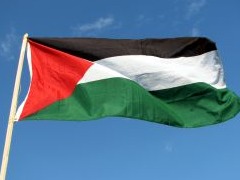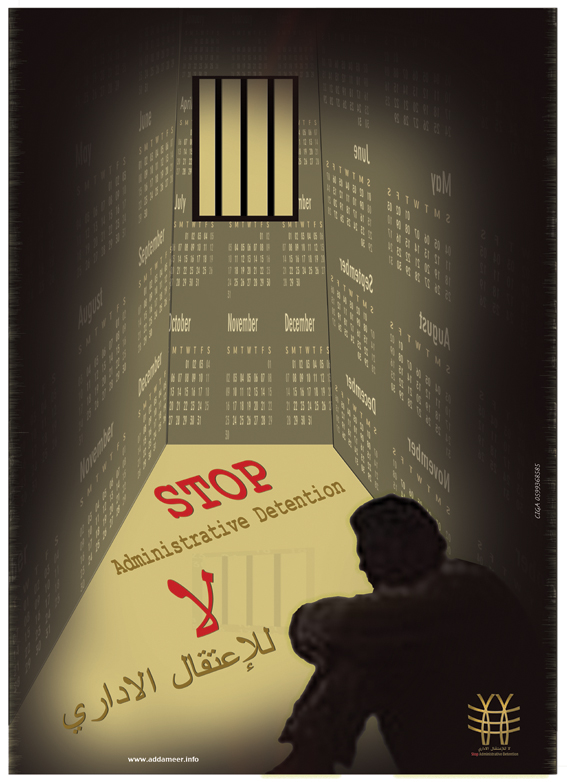Tag: Administrative Detention
-
Photo story: Al-Fwar refugee camp shows support for the political prisoners on hunger strike
25th May 2014 |International Solidarity Movement, Khalil team | Al-Fwar, Occupied Palestine On the 24th of May, approximately 40 protesters gathered at Al-Fwar refugee camp. The protest was to support the 5,000 political prisoners of whom more than a 180, are on their 30th day of hunger strike. The protest was successful in the sense…
-
Joint statement: solidarity groups call on Israel to stop administrative detention
25th May 2014 | International Women’s Peace Service, Christian Peacemakers Team, International Solidarity Movement, | Occupied Palestine In support of Palestinian ‘administrative detainees’ on open-end hunger strike Over one hundred and twenty five Palestinian prisoners (ninety of whom are administrative detainees) have entered the fifth week of an open-end hunger strike to protest Israel’s practice…
-
Call to action: Solidarity with Palestinian administrative detainees
12th May 2014 | International Solidarity Movement | Occupied Palestine Palestinian administrative detainees began an open-ended hunger strike on the 24th of April this year, currently there are 95 detainees on hunger strike and more detainees will periodically join if their demands for freedom are not met. Actions will be held in the West Bank and Gaza on Friday…



